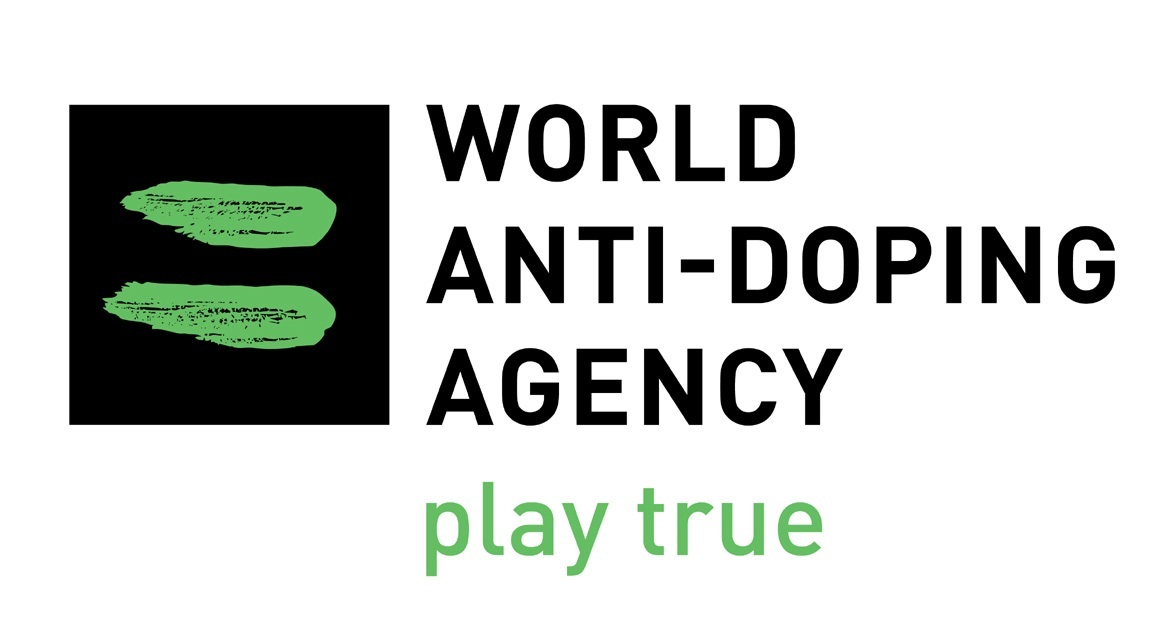The World Anti-Doping Agency and Interpol are collaborating on a joint project aimed at tamping out trafficking networks for doping substances, according to an Associated Press report.
The project is being officially dubbed Project Energia, and is centered on finding connections between organized crime and the distribution of performance-enhancing drugs. WADA says the partnership gives both parties better information and calls it “a key component in the fight against doping.” Per the AP report:
WADA director-general Olivier Niggli said the initiative “is a key component in the global fight against doping. By joining forces, WADA and Interpol are better able to share intelligence on trafficking methods and on those who manufacture and distribute dangerous substances to athletes seeking an edge.”
For its part, Interpol says the collaboration will help them in their fight against drug trafficking in general.
The partnership comes near the end of a 2016 calendar year that was marked by massive anti-doping storylines, including an Olympic ban on many Russian athletes and a full-on ban of all Russian Paralympians. One major stumble for Russia was the use of meldonium, a blood-flow drug that was banned beginning on January 1, 2016. A number of high-profile Russian athletes tested positive for the drug throughout 2016.
Meldonium itself is mainly manufactured in Latvia, so programs targeting drug traffickers like the WADA-Interpol partnership could theoretically shed light on how meldonium is transported across country lines and stamp out illegal distribution networks.

Leave a Reply